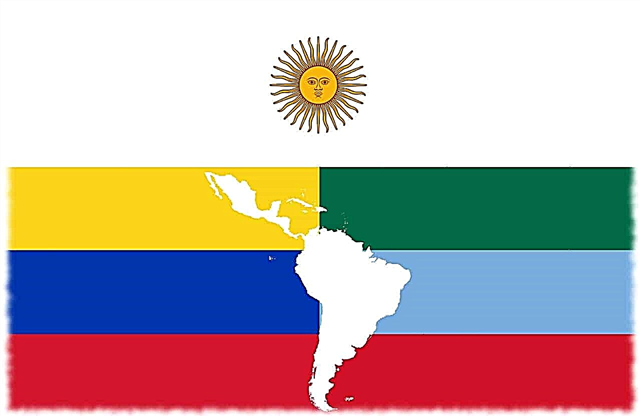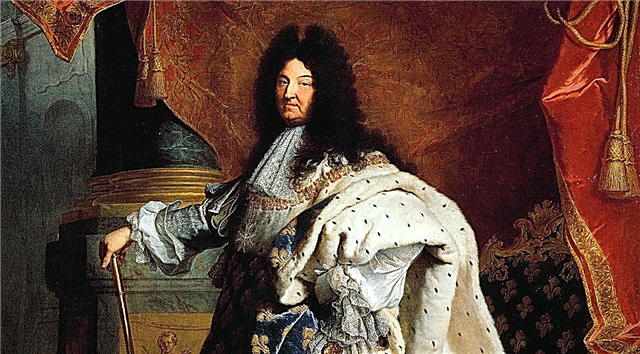
Each day of the week has its own name. However, sometimes such questions nevertheless arise - either suddenly, spontaneously, or from the filing of children. Why is Thursday usually called Thursday? This is an interesting question, the answer to which is really worth looking for. Indeed, even the process of its search will prove to be interesting, in order to find the answer, you will have to consider some historical points.
After all, this day bears such a name far from the first year, and in addition, its name remains similar in many Slavic languages.
Origin of the name of the day of the week: Thursday
Thursday is the fourth day of the week, it is from the ordinal number that this word happened. But the modern sound did not arise immediately - initially this day of the week was referred to as a quarter. Then the word simplified in its syntax, gradually began to find its modern sound. Each of the Slavic languages went its own development path, and in each of them this word remained, having received its own sound characteristics, but remaining recognizable.
Interesting fact: Ukrainians say “four”, Serbs and Croats - “chetvrtak”, and Czechs, despite the fact that they switched to their own script, close to the Latin alphabet, mark this day of the week as “ctvrtek”. And in any case, it is clear that the root remains the same, and therefore, the word had a common origin for all Slavic peoples.
What is Thursday called in Europe?

The Slavic seven-day week has five working days, indicated by numbers, and weekends, the names of which are associated with the Christian faith. But in Europe the situation is different. In the pre-Christian era, ancient Roman ideas were significantly widespread here, the influence of this old civilization is still serious, despite the fact that no Romans already exist and their civilization fell under the onslaught of the same Europeans of the past. The Romans called the days of the week in honor of their gods, and this tradition has survived to our time. In Rome, this day was dedicated to the supreme god Jupiter, and this root was preserved in Spanish, where Thursday is called jueves, in French, where it is called jeudi. But this is not the case everywhere.
So historically, Thursday in English sounds like Thursday - Thor day, and in German - Donnerstag, thunder day. After all, both Jupiter and Thor were gods - thunders. Also, the German name can be translated as “damn day”, this is due to the transition to Christian traditions. This day among the Slavs was dedicated to the thundering deity Perun.
But why did Jupiter become the symbol of the fourth day? The designation of Jupiter itself resembles the number 4, and it is possible that this is not a coincidence at all. The designation has remained relevant today, as well as recommendations to devote this day to career issues, serious projects, studies - for those who believe in astrology. After all, Jupiter is not only a thunderer, it is also the supreme god who has unlimited power. At least, people of the past believed in this.
Thus, in the traditions of Europe, it remains a habit to call the days of the week by the names of pagan gods, and Thursday is dedicated here to Jupiter or Thor - the supreme god. In the Russian tradition, and in all Slavic languages, a different tendency is noted, because people did not have to adjoin the mighty Rome. And because Thursday is just the fourth day of the week, and its name goes back only to the numeral. This is noted in all Slavic languages. Thursday is the fourth working day, followed by Friday, followed by weekends.












